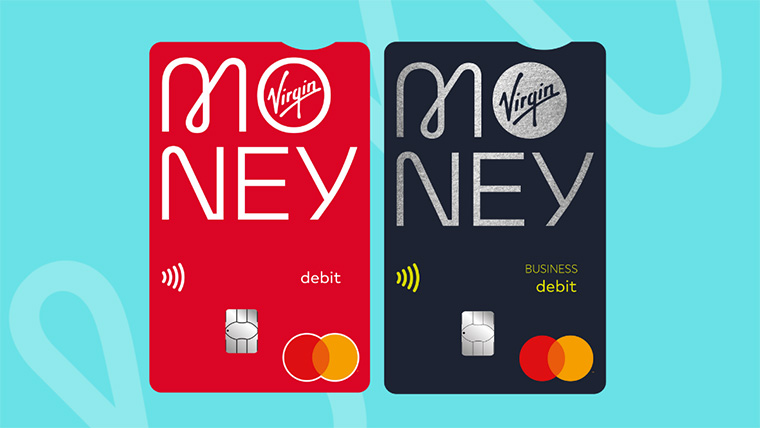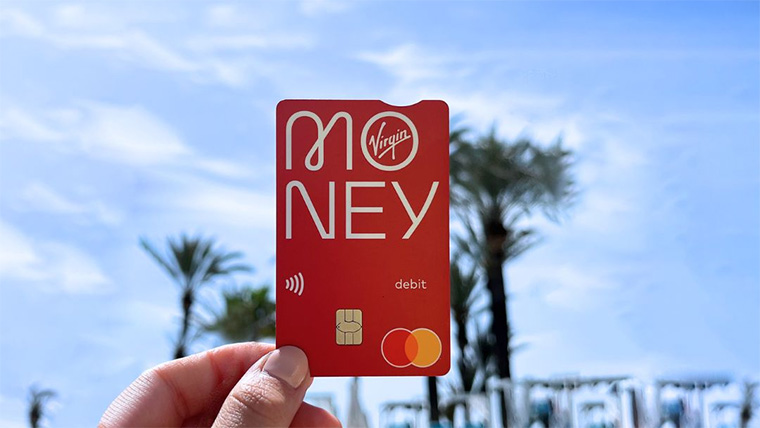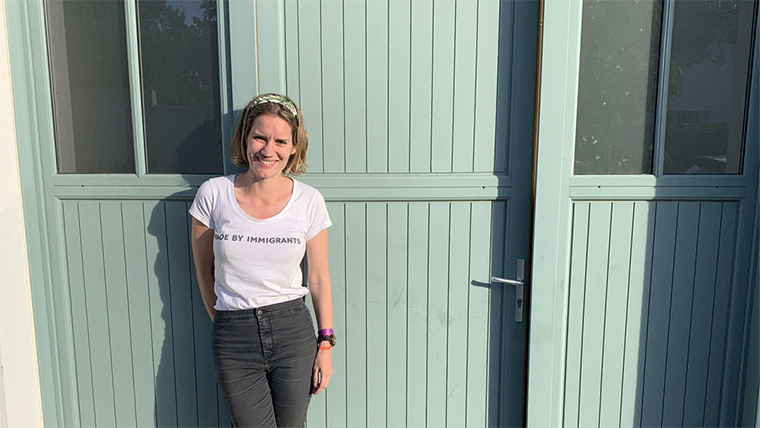
The essential guide to mastering your cashflow management

What's the difference between a personal bank account and a business bank account?

Five ways to supercharge your business

Eight tips for starting a business from home

Six ways to cut holiday costs that you might not have thought of

Five ways to start a savings habit - and make it last

Four easy and delicious ways to use up leftover Easter eggs

The five-part toolkit for calming financial anxiety

The budget beauty hacks you need to know about

Eight common money myths - busted

Let's talk about the 'M' word

Eight incredible apps that will save you money and time
 Money worries
Money worries
Financial fears: how can I fight them?
 Money worries
Money worries
5 signs you have financial worries and how to cope with them
 Dream home
Dream home
5 ways to make sure your home is a happy one
 Mastering money
Mastering money
The lowdown on joint accounts
 Dream home
Dream home